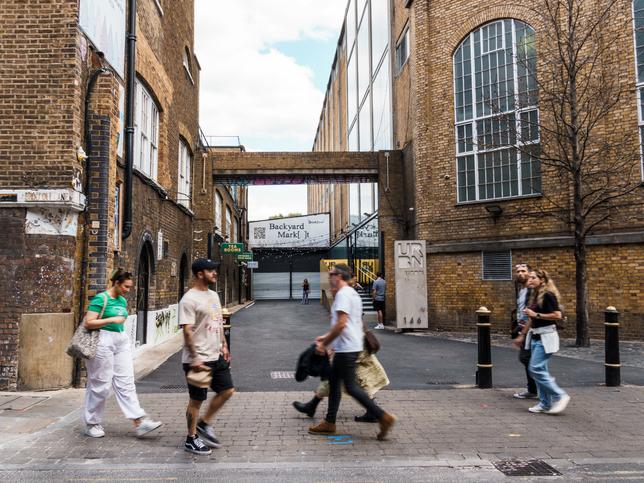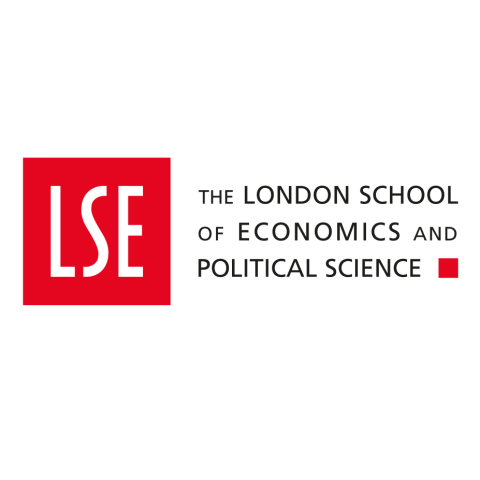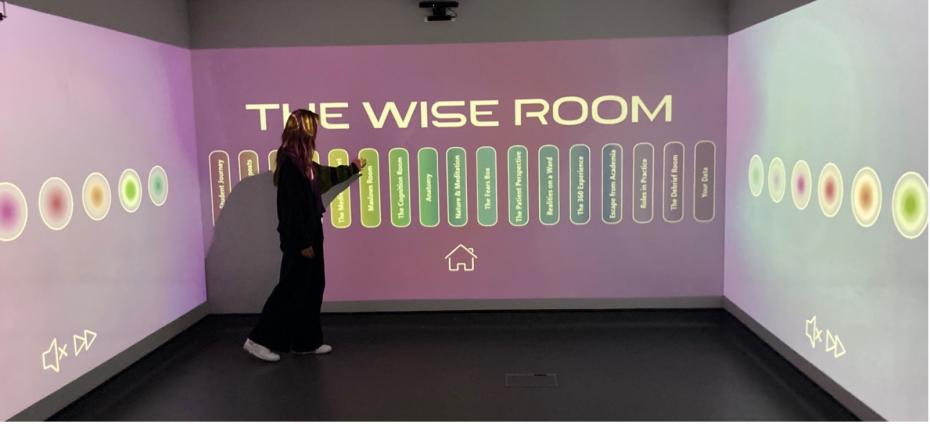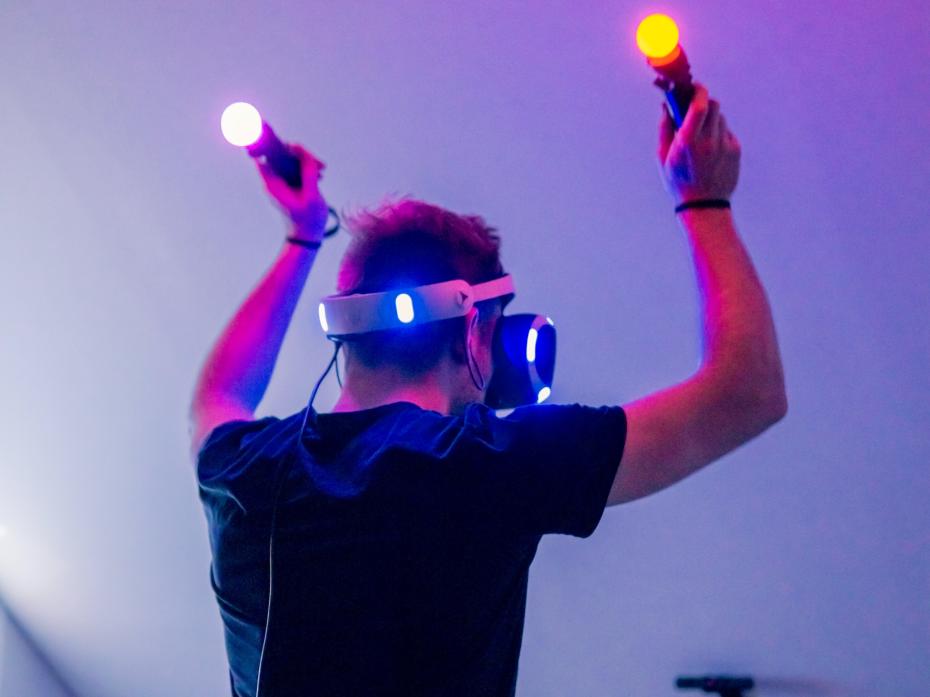
The transformative power of immersive field studies
Embracing experience in teaching can bring the curriculum to life and help students forge their own learning journey. Here are five benefits it offers
How can we enrich education using immersive field studies? Our MSc course “Identity, transnationalism and the media” demonstrated the power of experiential learning. This course explored the interplay between identity and media in the context of migration and transnationalism, focusing on how identities are formed in a world of fluid borders and digital ubiquity. It examined the impact of digital technologies, such as smartphones and AI, on transnational mobility and identity.
The MC420 Creative Project immersed students in east London’s urban landscape, specifically in Whitechapel, Brick Lane and Shoreditch. This non-assessed field study engaged students with the area’s rich history of migration, urban development and digitisation. They reflected on how identities shape and are shaped by places, delving into the politics of place as conceptualised by Doreen Massey in her book For Space, and considered the clashing trajectories of a capitalist city amassing wealth vis-à-vis the histories of working-class and migrant communities.
- Spark creativity in your students – and boost their employability
- Using experiential learning to teach international relations
- Developing virtual experiential learning: key takeaways
The final output addressed the question: How do identities shape and/or are being shaped by the identity of a place, a place itself constituted through migration, racism, urban development and digitisation?
The project encouraged students to creatively connect their observations to the concepts of identities and spaces. By engaging with the urban environment, its historical context and current trends, students produced outputs such as photographic compositions, vlogs and webpages. These were shared for seminar discussions, but remained student-owned. The project fostered a reflexive relationship with the city and the course material.
What we learned
Reflecting on the MC420 Creative Project, here are five ways immersive field studies can transform your teaching:
1. Bridge theory and practice: the project provided a platform for students to put their research hat on and apply theoretical knowledge in a practical context, offering an interactive opportunity that made the learning process meaningful
2. Immerse students in culture: students valued the chance to explore London as researchers, not just as tourists. This allowed them to familiarise themselves with parts of the city, deepening their understanding of the city’s multifaceted identity. The guided walk, supported by a document of optional stops alongside historical and contextual resources, turned their learning experience into an active exploration
3. Embed collaborative learning: the project highlighted the importance of group work, where students could engage with each other and learn from one another. Group work emerged as an important component, as it gave students the opportunity to connect their individual observations in their research outputs
4. Inspire researcher reflexivity: the project encouraged students to observe their positionality as researchers, leading to a deeper understanding of identity and its relation to space in the global city. They were briefed to be mindful of their descriptions, making sure that they didn't simply reproduce stereotypes of a lower-income, working-class and racialised urban area
5. Spark students’ creativity: students’ creative outputs captured the multiple interfaces of the urban environment and its communicative constitution in non-prescriptive ways. Initiated through a loosely guided group tour, the exercise inspired different readings of the city.
Many students visually captured the rich cultural tapestry of the city, including shop signs and street art. Others delved into the auditory dimension of identity recorded in urban soundscapes. The webpages the students created explored themes of gentrification and displacement. Students also considered the impact of capitalism on local culture through sensory experiences. Others explored how evolution of fashion is tied to diasporic histories and how street signs become communicative vehicles of migrant identities, often marginalised. Across the projects were students’ passionate attempts to creatively make sense of urban change, conflict and joy in the city.
The next step: GenAI
The fieldwork provides a hands-on experience in observing and analysing power structures in London, especially for international students. Inspired by Erica Pani’s practices in the London School of Economics and Political Science’s department of geography, future field studies could be supported with AI-powered applications. These tools would provide real-time data and insights for self-guided tours, benefiting students unable to participate in field trips. The AI could also simulate hypothetical scenarios or historical changes, allowing students to visualise transformations over time or predict future developments based on current trends.
Incorporating ethnographic methods to explore the role of the media in the global city, social inequality and urban development is vital to teaching. It has the potential to revolutionise the educational landscape by bringing the curriculum to life, making education a more active, inclusive and impactful journey – a journey led by students. This project has demonstrated the value of such an approach, and we look forward to exploring its possibilities further.
Afroditi Koulaxi is an LSE100 Fellow at the London School of Economics and Political Science; Myria Georgiou is a professor of media and communications at the London School of Economics and Political Science.
If you would like advice and insight from academics and university staff delivered direct to your inbox each week, sign up for the THE Campus newsletter.




